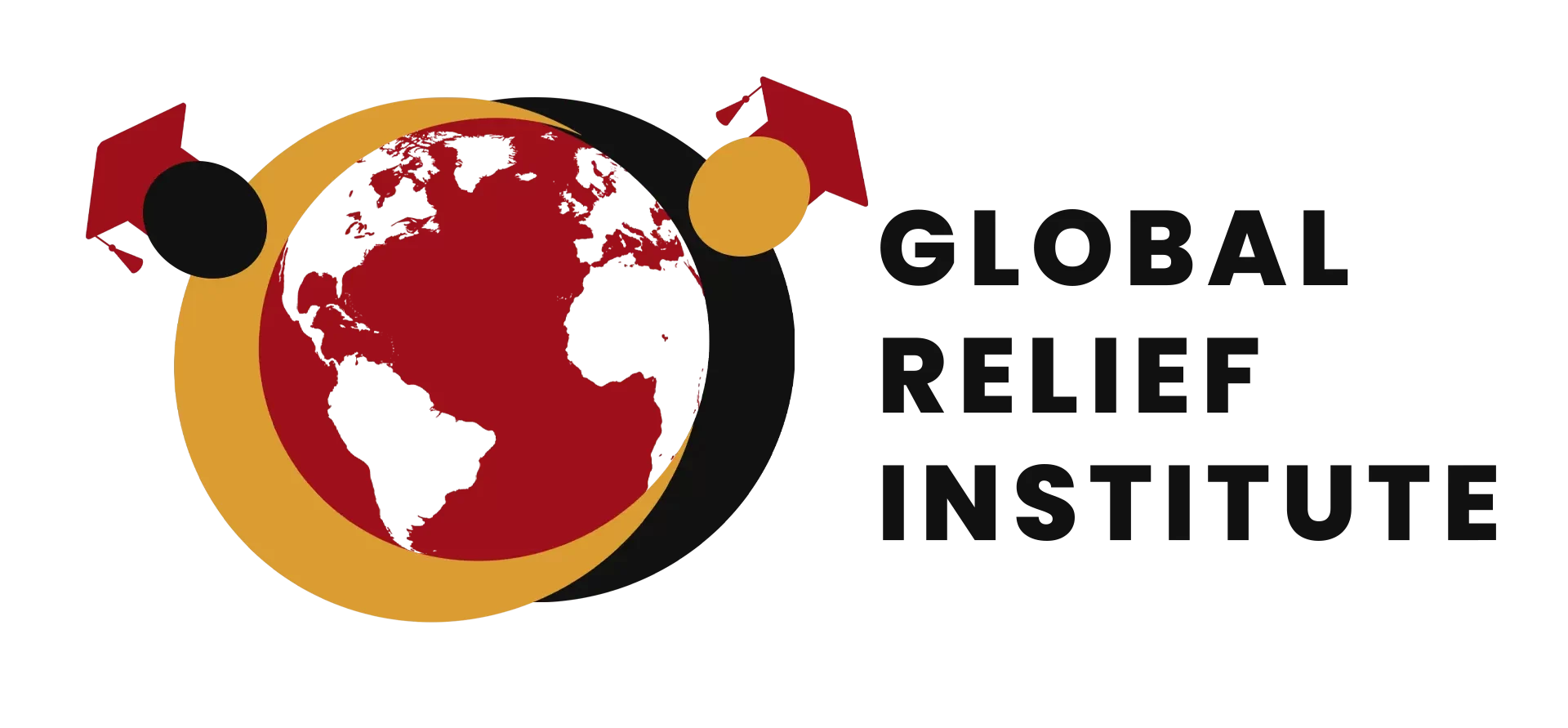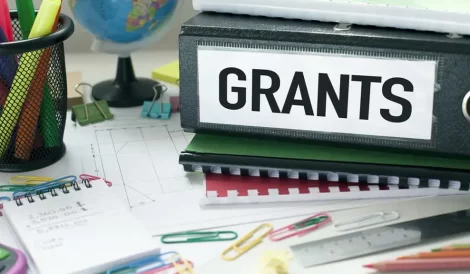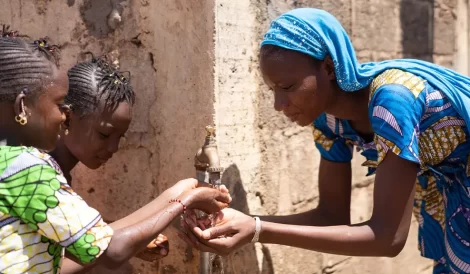Course Overview
The treatment for HIV is called antiretroviral therapy (ART). ART involves taking a combination of HIV medicines (called an HIV treatment regimen) every day. ART is recommended for everyone who has HIV. ART cannot cure HIV, but HIV medicines help people with HIV live longer, healthier lives.16 Aug 2021
The Ending the HIV Epidemic in the U.S. (EHE) initiative focuses on scaling up four science-based strategies that form the pillars of the initiative and, together, can end the HIV epidemic: Diagnose, Treat, Prevent, and Respond.9 Jun 2023
Once initiated, ART should be continued, with the following key treatment goals:
- Maximally and durably suppress plasma HIV RNA
- Restore and preserve immunologic function
- Reduce HIV-associated morbidity and prolong the duration and quality of survival
- Prevent HIV transmission
Course Content
- Difference between HIV and AIDS.
- Know the myths of HIV and AIDS.
- Understand HIV and AIDS Statistics.
- Learn three methods used for HIV Screening.
- Understand How HIV is transmitted.
- Understand Legal Right associated with HIV/ AIDS.
- Understand Current treatment associated with HIV and AIDS.
- Identify what are blood borne pathogens
- How to respond to myths about HIV/ AIDS
- The role of a peer education in HIV prevention
- Effective Communication, including
- Attitudes and values people have about illness and sexuality
- How to respond to myths and misconceptions about HIV/AIDS
- Establishing the climate of mutual respect and sympathy
- What puts peers at risk of HIV
- Behavior Change Communication The process of behavior change
- Overcoming communication barriers in Peer Education
- Approaching a peer and beginning a dialogue
- Active listening
- Facts about HIV antibody testing
- Preparing for a HIV test
- Managing the outcome of the HIV test
- How to motivate others
- Personal Risk assessment techniques
- Understanding social norms, peer pressure and behavior change process
- Condom and sex related negotiation and refusal skills
- Sexual decision making
- Communication for safer sex and assertiveness
- Condom and sex related negotiation and refusal skills
- The role of alcohol and drugs in HIV transmission
- Peer Education and Counseling techniques including listening, confidentiality, rapport, referrals and record keeping
- Living with HIV infection
- Psychological, social and ethical issues in counseling peers about sexuality and HIV infection.
- Empathy toward those infected with HIV
- Moral support and counseling families and individuals infected with HIV
- How to address stigma and discrimination for those infected and affected
RESEARCH PAPER
Students will be required to choose a research topic and share it with the moderator. Upon agreement, learners will write a proposal and do corrections based on feedback. The students will then proceed with writing chapters three, four, and five of the paper. Guidelines will be provided on the format preferred by the institute.
FINAL EXAMINATION
Minimum Entry Requirements
Common regulations governing Post-Graduate Diplomas shall be applicable
The following shall be eligible for admission
- Holders of a Bachelor’s Degree from a recognized university
- Holders of an equivalent qualification from any other recognized institution
Practicum
- Candidates shall be expected to submit 10 Assignments (8 ASSIGNMENTS, 1 FINAL EXAM AND PROJECT PAPER)
DURATION: 12 Months
REGIONS TARGETED: Global
COURSE FEE: €1500
ORGANIZERS: GRI
LANGUAGE: English and French
FORMAT: Online Learning
GENERAL COURSE CONTACT:



